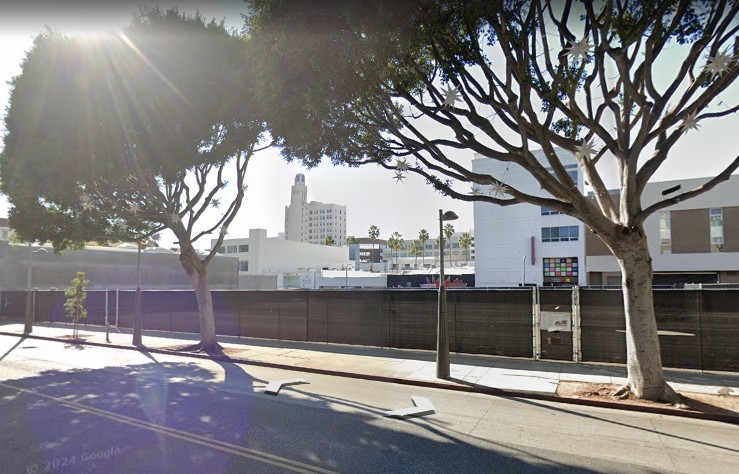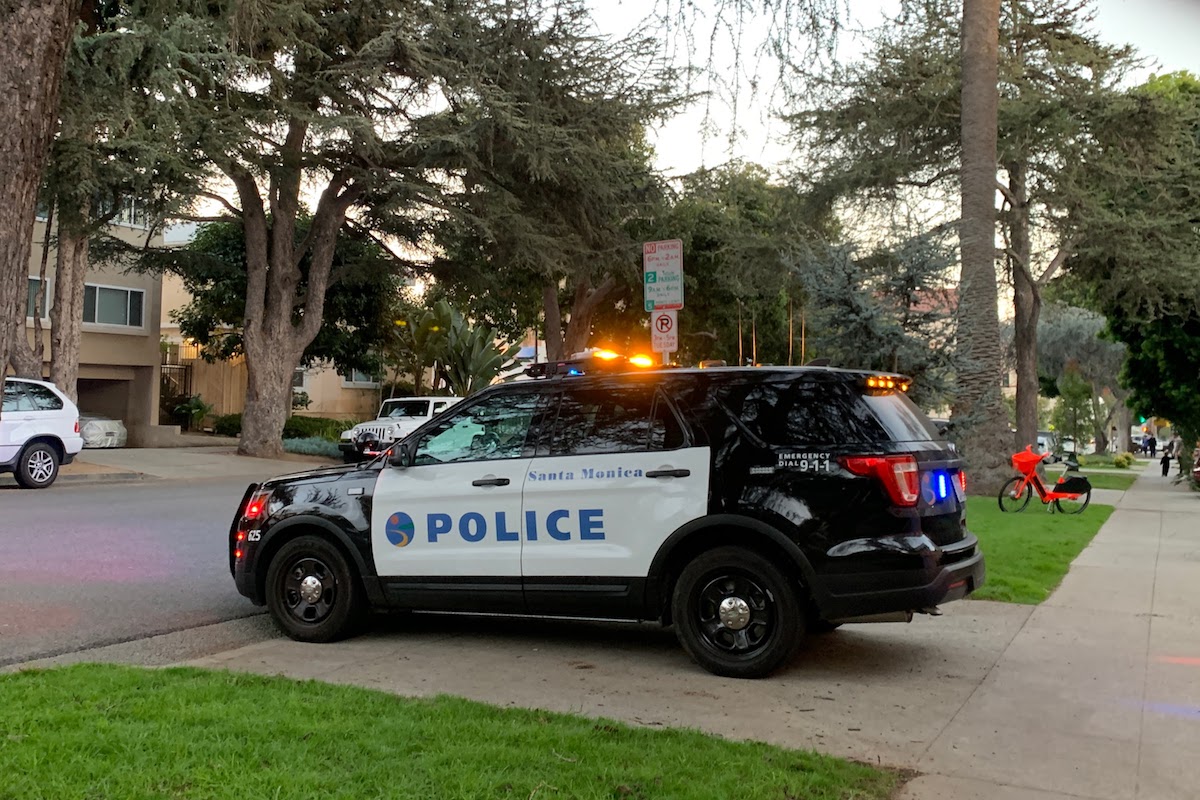The Development, Spearheaded by EAH Housing, Will Include a Mix of Studio, One-, Two-, and Three-Bedroom Apartments
The Santa Monica City Council has approved key agreements to move forward with a 122-unit affordable and supportive housing development at 1318 4th Street. The council’s decision, announced on Tuesday, is a significant step in addressing homelessness and affordable housing in the city.
The development, spearheaded by EAH Housing, will include a mix of studio, one-, two-, and three-bedroom apartments, with 50 units designated as permanent supportive housing for individuals experiencing homelessness. Eligibility will be open to individuals and families earning between 30% to 80% of the area median income (AMI), and all applicants must come from the city’s Below Market Housing waitlist or the Santa Monica Housing Authority’s Permanent Supportive Housing waitlist.
“We look forward to these apartments being built to support our community members in need of affordable housing,” said Heather Averick, Director of Housing and Human Services, in a release from the City.
In addition to housing, the project will feature ground-floor retail space, residential and commercial parking, and two levels of underground parking. The City has committed 50 project-based vouchers and a Housing Trust Fund loan to the project. EAH Housing will also pursue additional funding, including low-income housing tax credits, to facilitate construction, which is anticipated to begin in the winter of 2027 and be completed in 2029.
The city-owned property at 1318 4th Street is one of five sites identified in Santa Monica’s 6th Cycle Housing Element for 2021-2029. The development is part of a broader city strategy to utilize city-owned land for affordable housing projects, thereby alleviating high land acquisition costs and ensuring the feasibility of such developments, as detailed in a release from the City.
The council also authorized a 99-year ground lease and Development and Disposition Agreement (DDA) with EAH Housing. EAH will now apply for additional financing through various state and federal programs, including the Affordable Housing and Sustainable Communities program and the Infill Infrastructure Grant.













